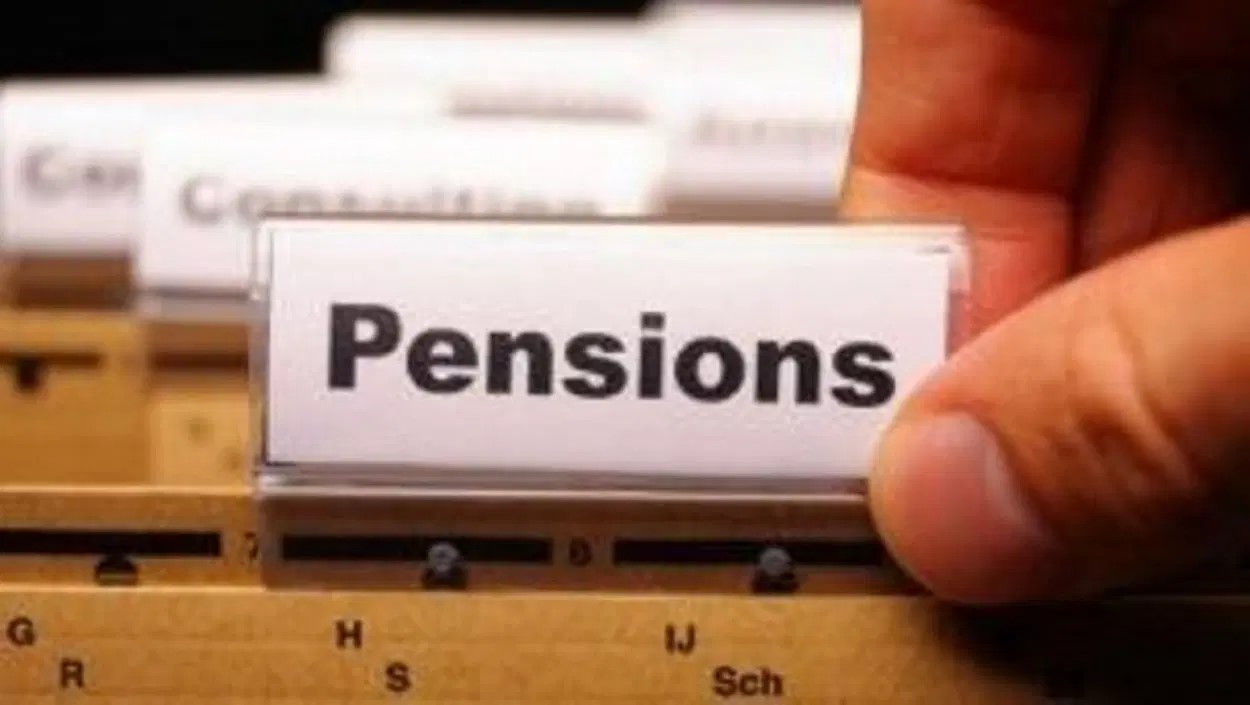The European Union and Mexico have both issued strong responses following United States President, Donald Trump’s announcement of a 30% tariff on their exports, set to take effect on August 1.
Mexico denounced the proposed tariff as an “unfair deal,” firmly asserting that its national sovereignty was not up for negotiation.
EU Commission President Ursula von der Leyen also criticized the move, signaling the bloc’s readiness to take “proportionate countermeasures” if needed. Despite the escalating tensions, both parties indicated a willingness to continue dialogue with Washington.
Trump has warned that any retaliatory steps would trigger even harsher tariffs.
This week, the U.S. president widened his tariff campaign, unveiling plans for additional duties on imports from Japan, South Korea, Canada, and Brazil.
In a letter addressed to von der Leyen on Friday, Trump stated: “We have had years to discuss our trading relationship with the European Union, and have concluded that we must move away from these long-term-large, and persistent, trade deficits, engendered by your tariff, and non-tariff, policies and trade barriers.”
“Our relationship has been, unfortunately, far from reciprocal,” he added.
Similar letters were sent to the EU and Mexico, with Trump making it clear that any counteraction would result in further tariff hikes beyond the initial 30%.
Canadian Prime Minister Mark Carney, who has previously criticized Trump’s trade policies, is now under scrutiny at home for what some see as a softening of his stance.
The European Union has long been a focus of Trump’s trade frustrations. On April 2, he proposed a 20% tariff on EU goods and later threatened to raise that to 50% amid a lack of progress in trade negotiations.
Washington and Brussels had aimed to finalize a trade deal by July 9, but the deadline passed without agreement. According to the U.S. trade representative’s office, the U.S. trade deficit with the EU reached $235.6 billion in 2024.
Von der Leyen emphasized the EU’s commitment to defending its interests. “We will take all necessary steps to safeguard EU interests, including the adoption of proportionate countermeasures if required,” she said.
“Few economies in the world match the European Union’s level of openness and adherence to fair trading practices,” she added.
Earlier this week, EU officials expressed hope that negotiations with the U.S. could still conclude before the August 1 deadline.
During the recent G7 summit in Canada, world leaders including von der Leyen, Carney, French President Emmanuel Macron, and Italian Prime Minister Giorgia Meloni posed alongside Trump in a symbolic show of diplomacy. However, tensions remained evident.
Macron voiced strong opposition to Trump’s tariff plans, stating he was in “very strong disapproval” of the decision. He urged the EU to “speed up the preparation of credible countermeasures” should talks fail.
Bernd Lange, chair of the European Parliament’s trade committee, described Trump’s move as “a slap in the face for the negotiations,” and called for retaliatory measures to be enacted as early as Monday. “It was no way to deal with a key trading partner,” he said.
While some leaders struck a more cautious tone, the emphasis on unity remained. Meloni expressed hope for a peaceful resolution, saying, “It would make no sense to trigger a trade war between the two sides of the Atlantic.” Dutch Prime Minister Dick Schoof emphasized on social media that the EU “must remain united and resolute” in seeking a “mutually beneficial” solution.
In Germany, the influential automotive sector voiced concern over the growing trade conflict. The German Association of the Automotive Industry warned that added costs for manufacturers and suppliers were “regrettable,” and urged against further escalation.
In his message to Mexico, Trump criticized the country’s border control efforts, alleging it had failed to stop North America from becoming a “Narco-Trafficking Playground.”
“Mexico has been helping me secure the border, BUT, what Mexico has done, is not enough,” he wrote.
Despite the criticism, Mexican President Claudia Sheinbaum expressed optimism. “We believe, based on what our colleagues discussed yesterday, that we will reach an agreement with the USA and that we will, of course, achieve better conditions,” she said.
“We are clear on what we can work with the USA and we are clear on what we cannot,” Sheinbaum added. “And there is something that is never negotiated, ever, and that is the sovereignty of our country.”
In a joint statement issued Saturday, Mexico’s economy and foreign ministries condemned the U.S. tariff threats as an “unfair deal.”
Trump’s letter to Mexico did not clarify whether goods traded under the 2020 United States-Mexico-Canada Agreement (USMCA) would be exempt. However, the White House confirmed that Canadian goods under the agreement would be spared. Still, Canada received a separate notice warning of a potential 35% tariff.
To date, the Trump administration has targeted 24 countries and the European Union with proposed tariffs.
On April 12, White House trade adviser Peter Navarro announced an ambitious plan titled “90 deals in 90 days.” So far, preliminary agreements have been reached with the United Kingdom and Vietnam, with others reportedly under discussion.











